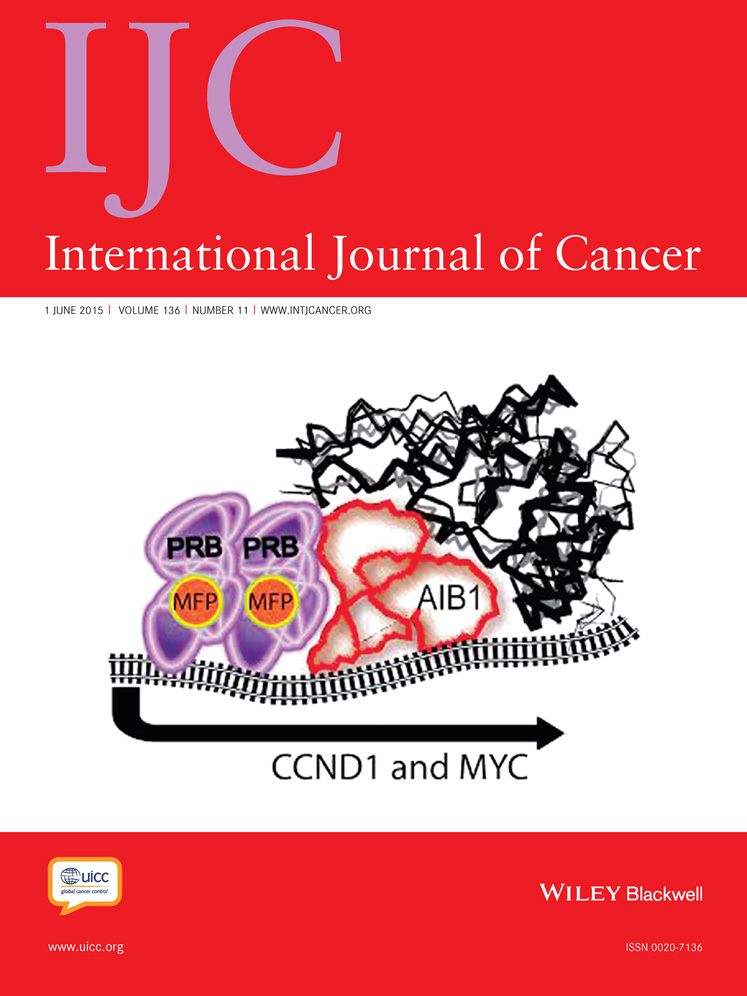A multimeric carcinoembryonic antigen signal inhibits the activation of human T cells by a SHP-independent mechanism: A potential mechanism for tumor-mediated suppression of T-cell immunity
Abstract
Carcinoembryonic antigen (CEA) is a well-known tumor antigen that is found in the serum of patients with various cancers and is correlated with an increased risk of cancer recurrence and metastasis. To understand the tumor environment and to develop antitumor therapies, CEA has been studied as an antigen to activate/tolerate specific T cells. In this study, we show that CEA can function as a coinhibitory molecule and can inhibit the activation of human peripheral blood mononucleated cell-derived T cells. The addition of CEA-overexpressing tumor cells or immobilized CEA dampened both cell proliferation and the expression of IL-2 and CD69 expression in T cells after TCR stimulation. The phosphorylation of ERK and translocation of NFAT were hampered in these cells, whereas the phosphorylation of proximal TCR signaling molecules such as ZAP70 and phospholipase Cγ was not affected by immobilized CEA. To determine the relevance of carcinoembryonic antigen-related cell adhesion molecule-1 and Src homology region 2 domain-containing phosphatase (SHP) molecules to CEA-mediated suppression, we tested the effect of the SHP inhibitor, NSC-87877, on CEA-mediated suppression of T cells; however, it did not reverse the effect of CEA. Collectively, these results indicate that CEA can function as a modulator of T-cell responses suggesting a novel mechanism of tumor evasion.
Abstract
What's new?
Carcinoembryonic antigen (CEA) is found in the serum of patients with various cancers and is correlated with an increased risk of cancer recurrence and metastasis. To shed light on the influence of CEA on T cells, here the authors investigate the co-inhibitory role of CEA during human T cell stimulation by TCR engagement. They show that CEA-overexpressing tumor cells or multimeric CEA significantly inhibit T cell activation, proliferation, and cytokine production. Collectively, the data suggest that multimeric CEA, such as cell-associated CEA, can hinder T cell stimulation upon TCR engagement, which may contribute to an immune escape mechanism for tumors.




